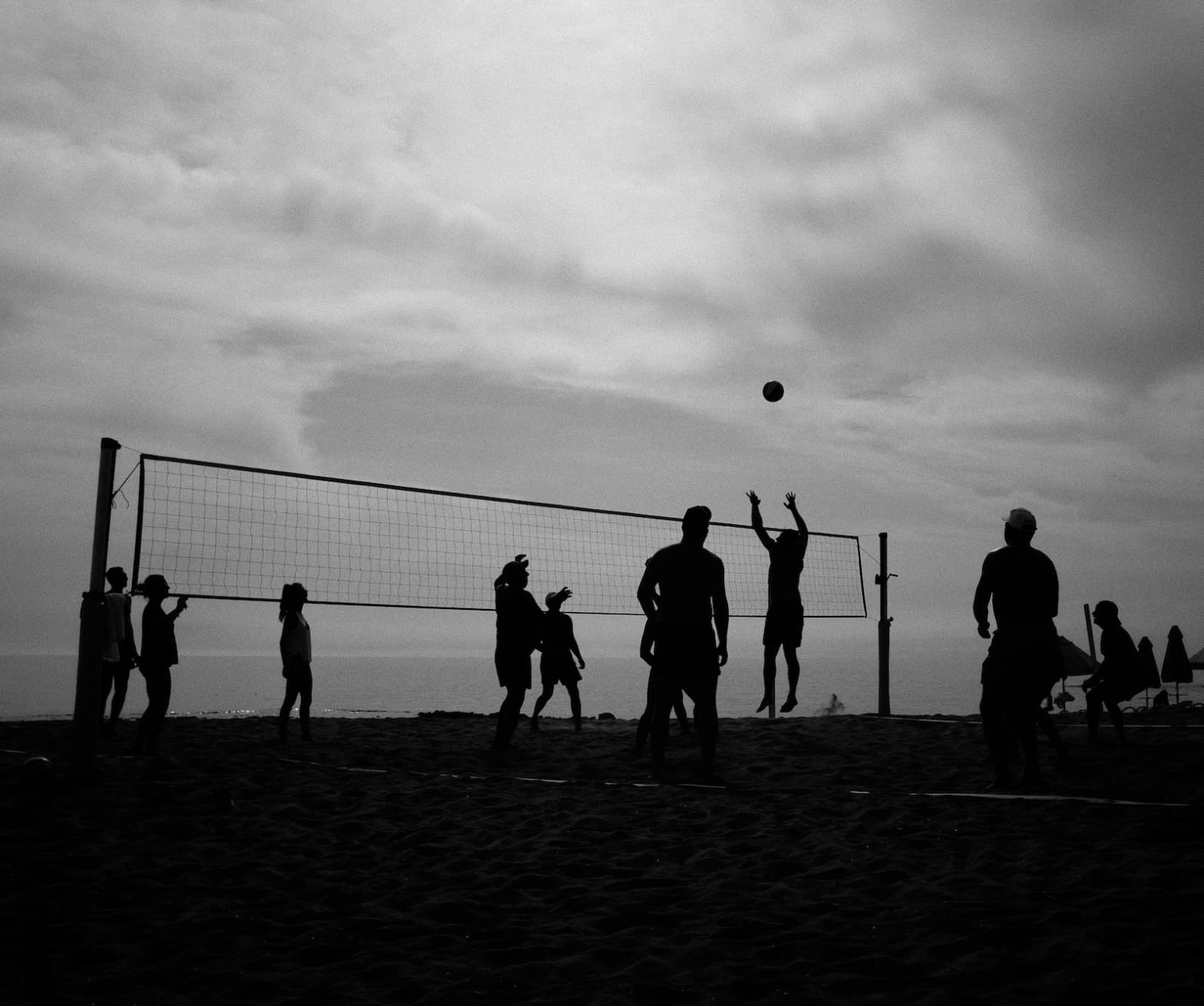Online betting companies make money from financial stress. Platforms like 22Bet offer the hope of quick cash. Workers facing low wages and high costs turn to gambling for relief. But the system is built for them to lose.
When people struggle to pay rent or bills, a lucky win seems like a way out. Betting sites use this hope to keep users playing. But in the end, the house always wins, and workers lose more than they gain.
Low Wages Push People into Gambling
Many workers earn just enough to survive. Rising costs make saving impossible. Betting feels like a chance to change their situation.
People with steady jobs and fair wages don’t need to gamble. But when wages stay low, betting looks like the only way to escape financial stress.
The Illusion of a Lucky Break
Gambling ads show winners celebrating big payouts. They promise that anyone can win.
But the truth is different. The system is designed so that most players lose over time. Small wins keep them betting, but the big prizes are rare.
Betting Companies Use Psychological Tricks
Online betting platforms use bright colors, sounds, and rewards to keep people playing.
These tricks make losing feel like part of the game. Users believe their next bet might be the big one. This keeps them spending more and more money.
Governments Allow the Exploitation
Governments collect taxes from betting companies. They allow gambling to grow because it makes them money.
Instead of raising wages or helping workers, they support an industry that takes money from the poor. Weak rules let companies keep running without consequences.
Online Betting Creates Debt and Poverty

Many workers borrow money to keep gambling. Some use credit cards, while others take loans.
This leads to deeper debt. People try to win back their losses, but the system ensures they keep losing. The result is more poverty and stress.
Global Inequality and Online Betting
Betting companies operate in many countries. They take money from struggling communities and send profits to the rich.
Wealthy nations and corporations benefit, while workers in poorer countries lose their savings. The rich get richer, and the poor stay trapped.
The Role of Advertising in Gambling Addiction
Ads make gambling look fun and harmless. They target workers looking for hope and fast money.
These ads never mention addiction or financial ruin. Instead, they sell a dream that almost no one achieves.
The System Is Built to Keep People Betting
Betting platforms like 22Bet use data to track players. They know when people win or lose.
If someone stops betting, they offer free spins or bonuses. This keeps users engaged and spending, even when they should stop.
The Need for Better Worker Protections
Higher wages, affordable housing, and better jobs would reduce gambling addiction. If workers had financial security, they wouldn’t need to bet.
Governments should focus on fair pay and job security, not gambling taxes. The real solution is economic justice.
Stronger Regulations Can Reduce Harm
Governments must ban misleading gambling ads and limit how much people can bet.
They should also force betting companies to pay higher taxes. That money should go to public services, not corporate profits.
Alternative Solutions to Gambling Dependency
Instead of gambling, people need real financial support. Free education, fair wages, and job programs help more than false hope.
Building a strong economy benefits everyone. Betting should not be a way for people to escape poverty.
